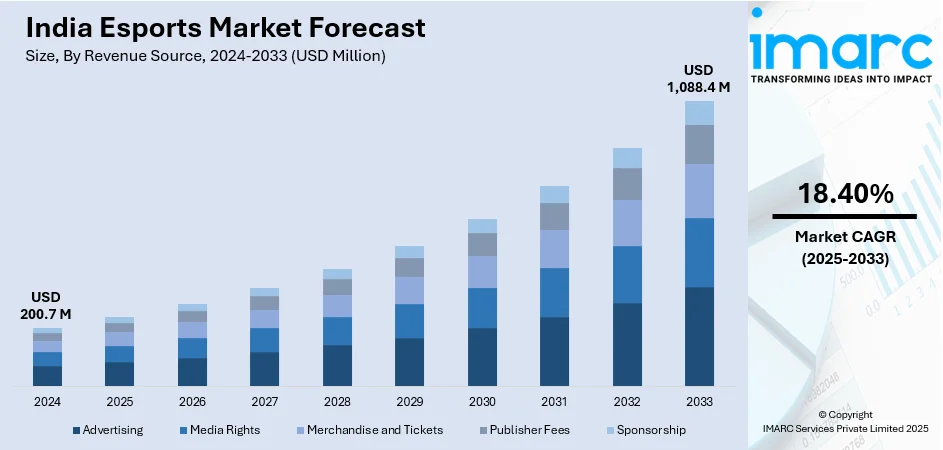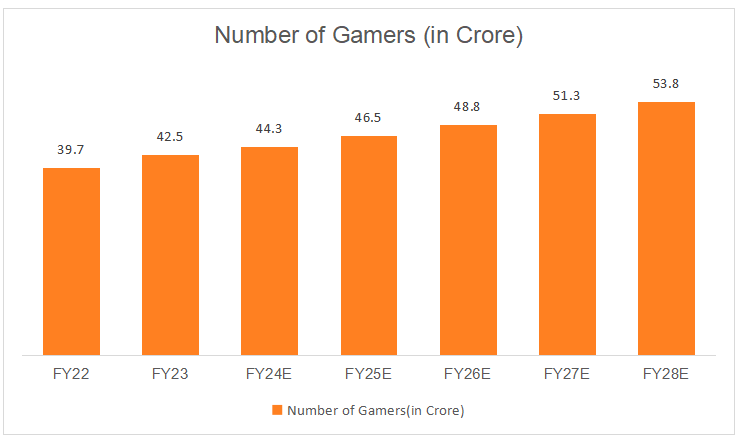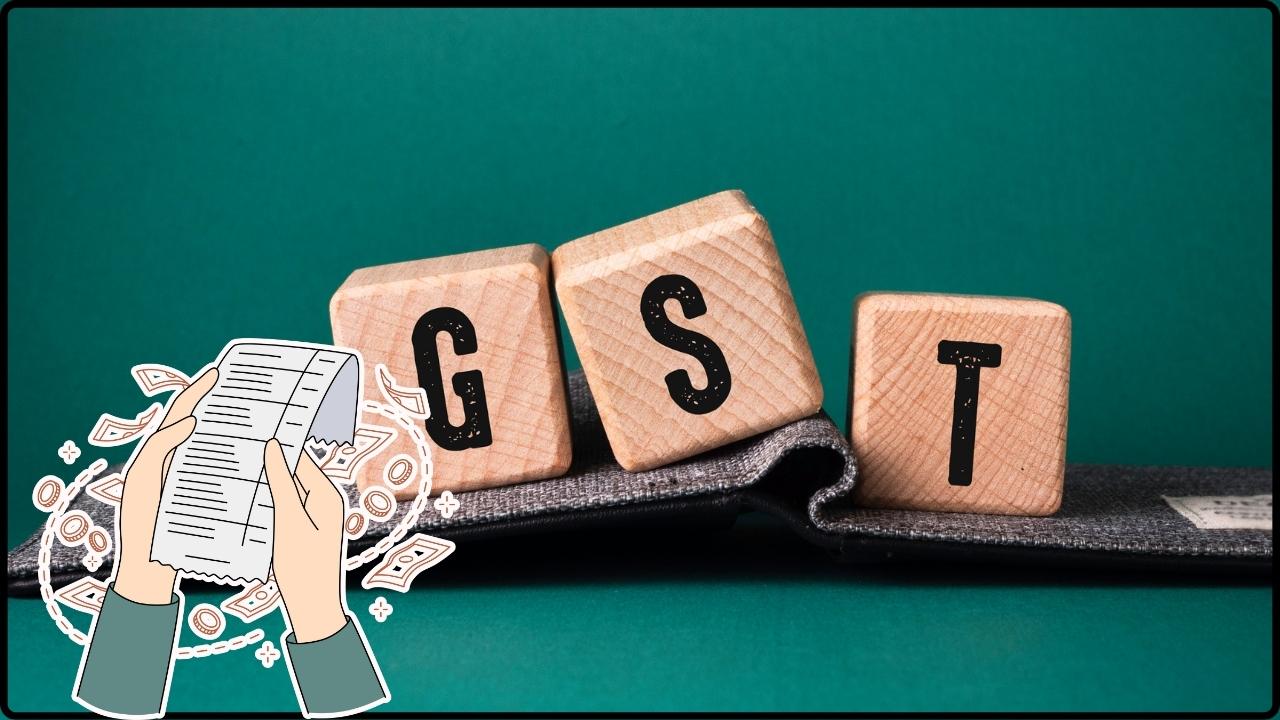New Online Gaming Bill 2025: The New Online Gaming Bill 2025 has officially passed in India, and it’s making waves far beyond its borders. For decades, gamers, parents, and lawmakers argued over one big question: Should esports be treated the same as gambling? The answer is finally here. This landmark bill draws a bold line: esports is now recognized as a sport, while online gambling and betting are outlawed. That means kids chasing esports dreams are no longer lumped in with gambling apps, and the industry can finally grow without stigma.
New Online Gaming Bill 2025
The New Online Gaming Bill 2025 is a turning point. By recognizing esports as a sport and banning online gambling, India has provided clarity, legitimacy, and opportunity. This law protects families from addiction while opening doors for a billion-dollar esports industry. The future of gaming is now competitive, professional, and global — and India is ready to play ball.

| Aspect | Details |
|---|---|
| Law Passed | August 2025 – Indian Parliament approved |
| Esports Recognition | Esports officially recognized as a sport |
| Ban on Gambling | All online betting and real-money games outlawed |
| Penalties | Up to 3 years jail + ₹1 crore fine for violations |
| Regulatory Body | National eSports Commission planned |
| Industry Impact | Fantasy sports hit hard, esports boosted |
| Official Info | Government of India Press Release |
How We Got Here: The Background Story
For years, online gaming in India was stuck in a legal gray zone. Courts and state governments debated endlessly: was rummy a game of skill? Was fantasy cricket gambling? Meanwhile, millions of players were already competing in esports tournaments, but they were painted with the same brush as online casinos.
This created confusion, stigma, and risk. Parents worried their children were “gambling online,” investors feared regulations could shut down startups overnight, and professional players lacked recognition. The 2025 Bill fixes this by separating esports from gambling once and for all.

Esports: Finally Recognized as a Sport
One of the biggest wins of the bill is that esports is now legally recognized as a sport.
What This Means:
- National eSports Commission will regulate competitions, set rules, and ensure fair play.
- Funding & Scholarships could soon flow in, making esports more accessible to students.
- International Recognition means players can get athlete visas, sponsorships, and even government support.
According to Fortune Business Insights, the global esports industry will hit $6.75 billion by 2030. With over 500 million gamers in India, the country is now positioned to be a top player in this industry.
Gambling: The Big Crackdown
The bill also takes a tough stance on gambling.
- Fantasy Sports: Once a booming market, fantasy cricket and football apps like Dream11 and MPL are banned.
- Online Casinos: Poker, rummy, teen patti, and other money-based games are outlawed.
- Severe Penalties: Offenders face fines up to ₹1 crore ($120,000) and jail terms up to 3 years.
This crackdown is rooted in social protection. Gambling addiction has caused massive losses for families, and by banning it, the government aims to protect vulnerable groups.
Global Perspective: How Other Countries Compare
- United States: Esports is booming, with college leagues and pro tournaments. Gambling, however, is state-regulated — legal in Nevada, New Jersey, but restricted elsewhere.
- South Korea: The “birthplace of esports” treats it like a national sport. Leagues are televised, and pro players are celebrities. Gambling is heavily restricted.
- Japan: Esports is growing despite strict gaming laws, while gambling remains mostly illegal except for state lotteries and horse racing.
- United Kingdom & EU: Both esports and gambling are legal, but gambling is strictly regulated with responsible gaming guidelines.
- China: Esports is massive with government backing, but gambling is completely banned.
India’s model closely mirrors South Korea and China — promoting esports as culture and sport while shutting out gambling.

Economic Impact of New Online Gaming Bill 2025: Winners and Losers
The new law is reshaping the gaming economy.
Winners:
- Esports Startups – Organizers, streamers, and event managers now have legal recognition.
- Tech Companies – Hardware, PC, console, and mobile accessory makers benefit from rising demand.
- Content Creators – Streamers on YouTube, Twitch, and Kick get more legitimacy.
Losers:
- Fantasy Sports Companies – Multi-billion-dollar businesses like Dream11 may collapse or move overseas.
- Real-Money Platforms – Poker, rummy, and casino apps are now illegal.
- Investors in Gambling Apps – Heavy financial losses likely as markets dry up.
According to KPMG, India’s gaming industry was worth $3.1 billion in 2023. By 2028, esports alone could drive over $1 billion in revenue if properly supported.
Beyond Players: Career Opportunities in Esports
Esports isn’t just about pro players. Like the NFL or NBA, it has an entire ecosystem.
- Shoutcasters/Commentators – The “play-by-play announcers” of gaming tournaments.
- Team Coaches & Analysts – Strategists who guide esports teams.
- Event Organizers – Professionals who run tournaments and leagues.
- Game Developers & Designers – The minds building competitive titles.
- Marketing & Sponsorship Managers – Driving revenue through partnerships.
For students, this means esports isn’t just “playing games” — it’s a career path spanning broadcasting, design, tech, and management.

Legal Perspective: Why Esports Got a Pass
Why did the government embrace esports but ban gambling? The answer lies in skill vs chance.
- Esports = Skill – Winning depends on training, teamwork, and performance.
- Gambling = Chance – Outcomes depend on luck, not ability.
Courts across the world have recognized this distinction. The U.S. Supreme Court, for instance, allows regulation of gambling while sports are treated separately. India has now applied the same principle.
Safeguards: Protecting Kids & Families
The bill also focuses on responsible gaming.
- Parental Controls: Platforms must offer monitoring tools.
- Mental Health Programs: Authorities will promote awareness of gaming addiction and player burnout.
- Age Restrictions: Esports competitions will have strict age checks.
This ensures esports is fun, competitive, and safe while protecting families from gambling harms.
Industry Voices & Reactions
- Government: Officials called the law a “protective step for youth and families.”
- Esports Players: Celebrated the recognition, with many saying their careers are finally taken seriously.
- Fantasy Sports CEOs: Called it a “death blow” and warned of job losses, though some plan to relocate abroad.
- Investors: Shifting money from betting apps to esports startups, streaming platforms, and hardware firms.
Online Gaming Bill Explained – What Changes for Players and Advertisers
Online Gaming Ban Bill Set to Shake Betting, Casinos and Ads
Govt Plans 40% Sin Tax on Alcohol, Cigarettes and Gaming Under GST 2.0 Shock Plan
Future Outlook: What’s Next for Esports?
Looking ahead, the esports ecosystem in India could look a lot like South Korea’s.
- Esports Arenas: Expect stadiums built specifically for tournaments.
- Mainstream Coverage: Esports could soon appear on sports channels and newspapers.
- Olympic Potential: Esports may gain more legitimacy as an Olympic-recognized sport.
- Tech Expansion: Expect VR, AR, and AI-driven esports experiences to rise.
Practical Advice for Stakeholders
- Parents: Support esports as a hobby or career, but set time limits and encourage balance.
- Players: Build your portfolio through streaming, social media, and competitive tournaments.
- Professionals: Explore opportunities in esports management, coaching, broadcasting, or content production.
- Investors: Focus on esports infrastructure, training academies, and streaming platforms.
Step-by-Step Guide: How to Build a Career in Esports
- Pick Your Game: Stick to one title like Valorant, Dota 2, or Fortnite.
- Practice Daily: Consistency beats raw talent.
- Join Leagues: Compete on platforms like Faceit or Challengermode.
- Stream Your Content: Build visibility through Twitch or YouTube Gaming.
- Network: Collaborate with other players, teams, and event organizers.
- Compete Officially: Watch for tournaments launched by the new National eSports Commission.








